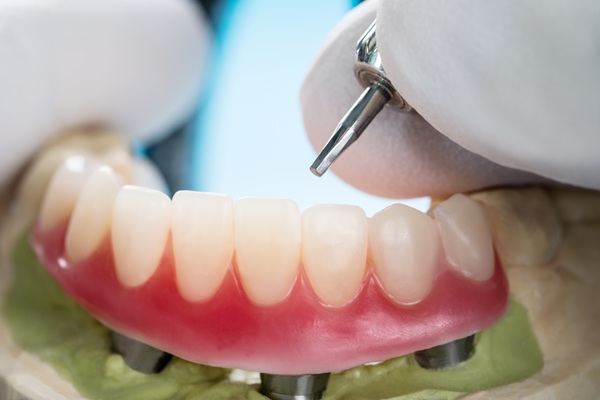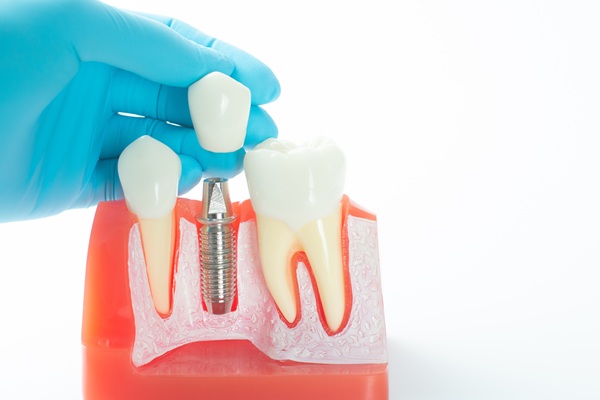Common Oral Surgery Procedures by a Dental Surgeon

Oral surgery, sometimes called maxillofacial surgery, refers to treatments performed by a dental surgeon on the soft tissues of the oral cavity, the jaw or the face. In most situations, the dental expert must go beyond the surface of the gums to treat the origin of the problem.
No one enjoys the thought of surgical procedures, but many conditions may necessitate having a procedure. If your dentist recommends any type of oral surgery, you should inquire to get enough information about the procedure. This article focuses on the common oral surgery procedures by a dental surgeon and what to expect when you visit the dental office.
Common oral surgery procedures
Impacted wisdom teeth
The last set of teeth to erupt are the third molars. These teeth may develop without bringing any trouble to the patients. But in most cases, these teeth may not erupt fully, or they erupt poorly and misaligned. This causes impaction in the gums and jawbone and has negative impacts on the well-being of the teeth nearby. To correct the situation, the erring tooth or teeth have to be removed by the dental surgeon.
Dental implant
If you lose one or more teeth, the dental surgeon may recommend using dental implants to replace them. This entails inserting titanium posts into the jawbone surgically, which will integrate into the bone and gum tissues with time. This will serve as a firm foundation to hold a surreal-looking prosthetic tooth (called a crown).
Dental implants are perfect for people with missing teeth seeking a lasting solution. The procedure may entail making incisions in the jawbone to accommodate the implant. If the bone is not full enough to hold the implant, bone graft surgery may be done before placing the implants. The grafting procedure will enable the bone tissue to hold the implants.
Sleep apnea
When regular, non-invasive treatments fail to help patients dealing with sleep apnea, the dental surgeon may need to extract excess tissues from the throat to lessen the symptoms remarkably.
Jaw Surgery
Misalignment of the jaw may impair facial appearance and cause poor jaw function. Surgery is usually vital to fix this issue and restore normal jaw functions.
Reconstructive surgery
Facial injuries and knocked-out teeth can cause serious difficulties with performing even the basic daily tasks, such as eating. This procedure helps to restore lost or injured teeth, repair damages to the jawbone and gum and fix jaw joint issues.
Biopsies
If there is a lesion in the mouth that appears suspicious, a biopsy may be required to examine the mouth for oral cancer. The dental surgeon will remove a fragment of mouth tissues and forward it to the laboratory for examination.
What you can expect from the procedure
Like every other surgical procedure, you will need time to recover. If the dental expert administered anesthesia for the procedure, you will not be fit to drive. This means you should probably have someone drive you home because you will feel stressed and dazed. The dental surgeon may prescribe painkillers to help with post-procedure pain. If there are precautions to take, the dental surgeon will give you a detailed guide informing you what to do.
Request an appointment here: https://corderoperiodontics.com or call Rafael E. Cordero, DDS PA at (561) 763-9221 for an appointment in our Palm Beach Gardens office.
Recent Posts
Undergoing oral surgery can feel overwhelming, but proper post-operative care is crucial to ensure a smooth recovery. Whether you have had wisdom teeth removed, dental implants placed, or another procedure, following the right recovery steps can help minimize discomfort and prevent complications.First and foremost, the oral surgeon will provide detailed post-operative care instructions specific to…
If you have an oral surgery procedure coming up, read on to learn more about the process and recovery. The extraction of a tooth requires oral surgery and it typically comes with a 10-day recovery period. The key to a quick recovery from a tooth extraction is keeping the blood clot that develops in its…
Corrective jaw surgery is not something very many people are familiar with. This surgery can help with a number of issues that could be impacting a person’s health or appearance. Understanding the critical facts related to this corrective procedure is important for patients who are having challenges caused by the shape, position or health of…
When one or more of the teeth are missing, the oral surgeon will recommend the best option to replace them. The alternative to bridges, partial or full dentures are dental implants, which replace the root of the lost tooth and support a dental prosthesis. They are the closest option to natural teeth available. Continue reading…


